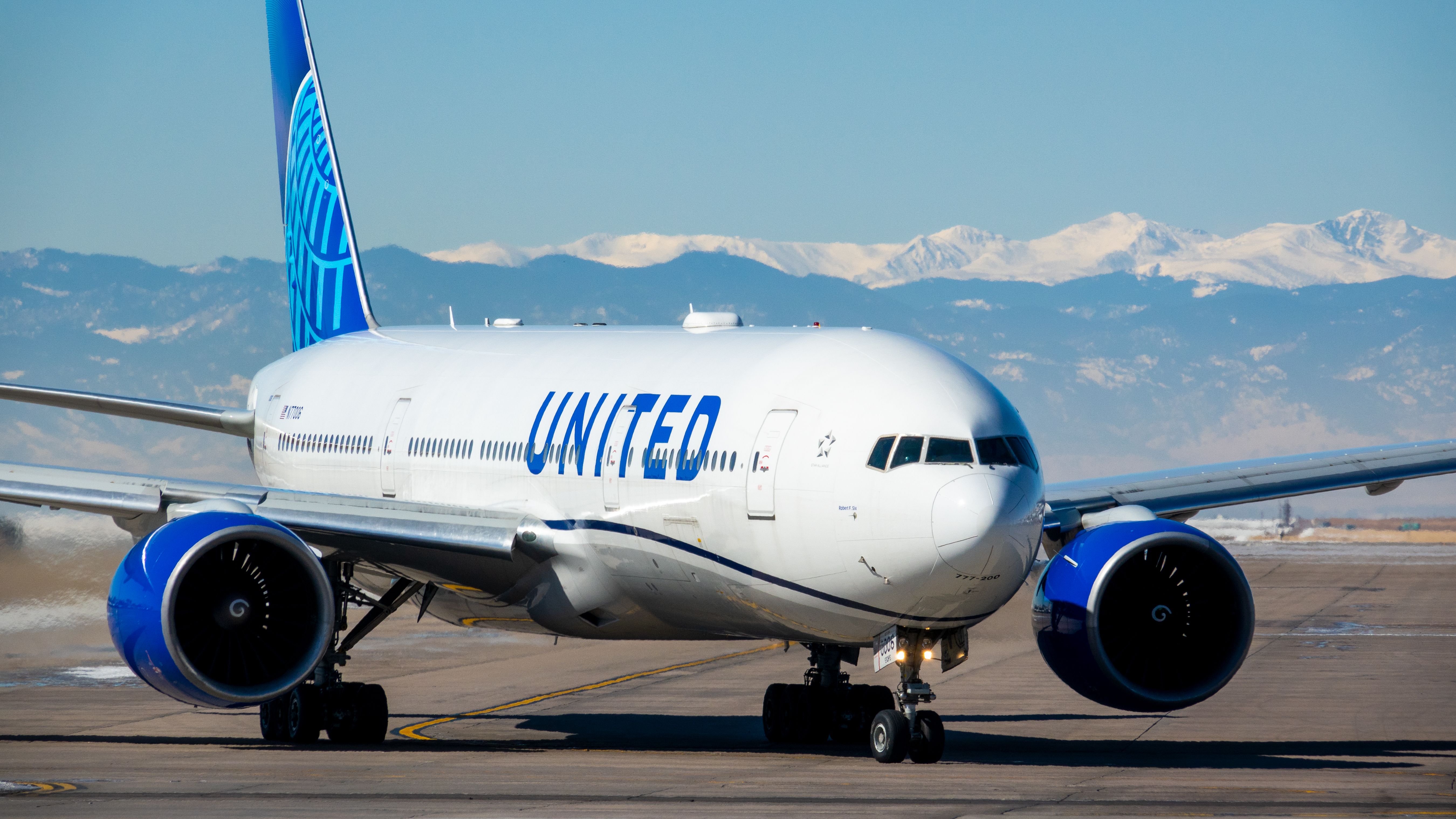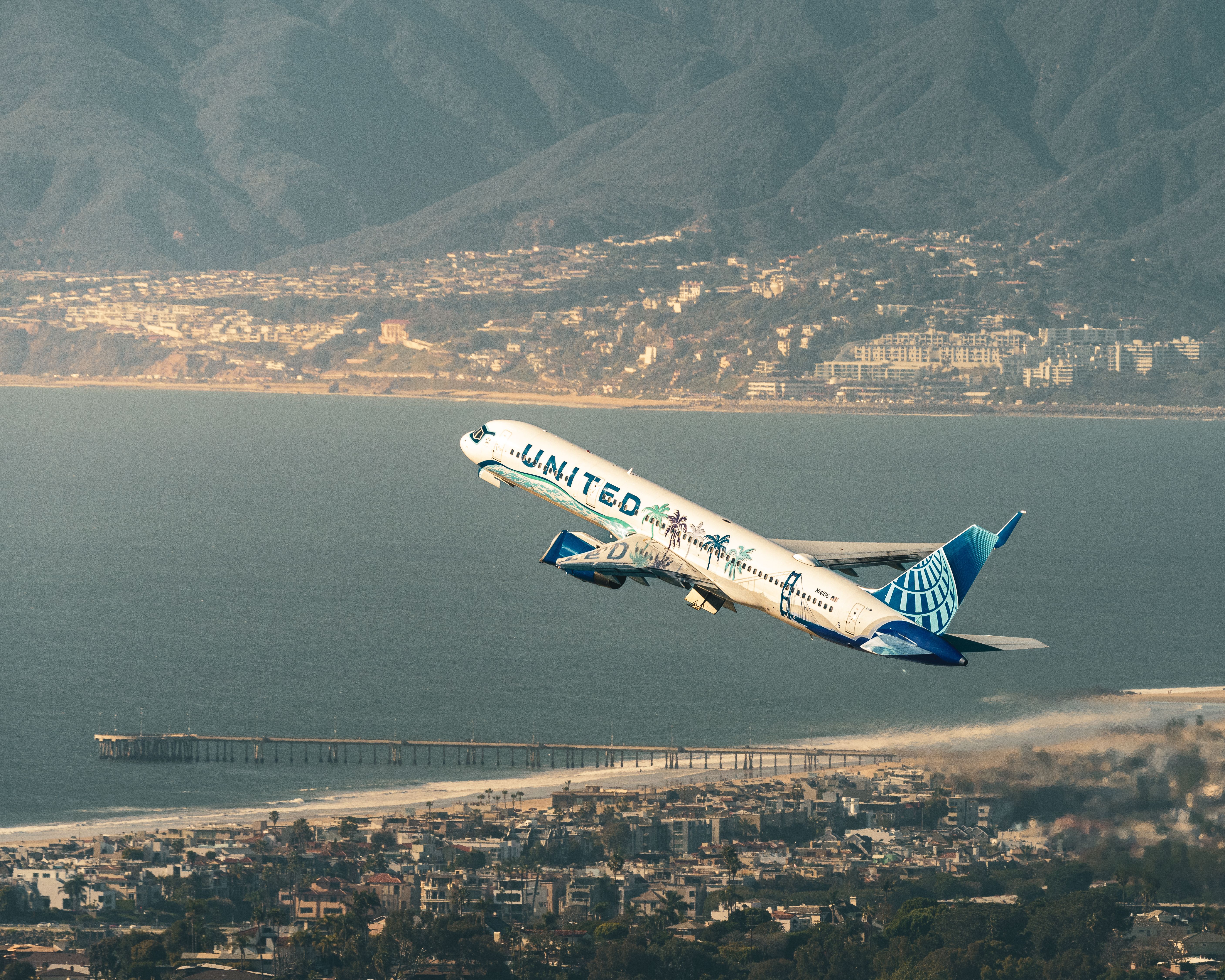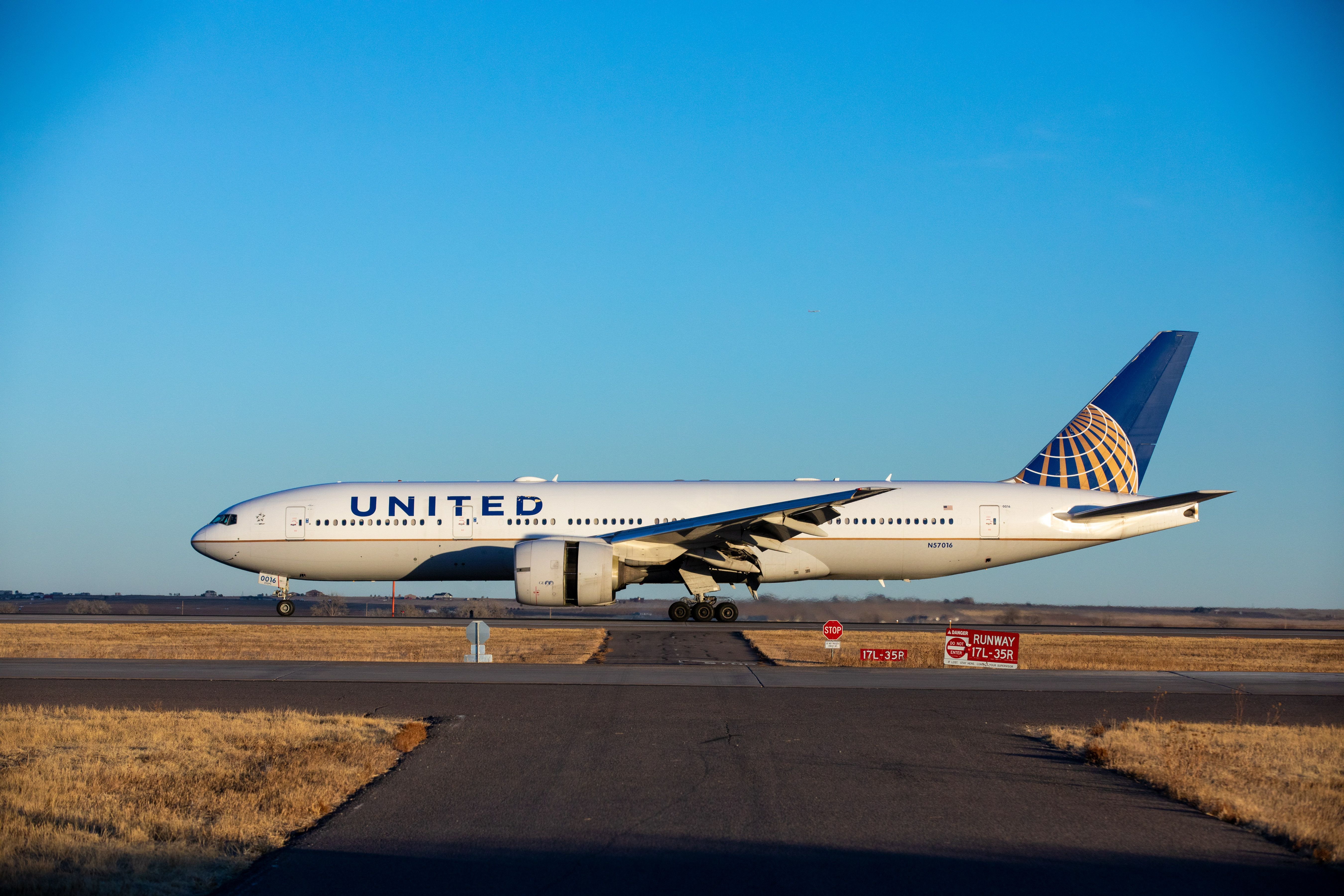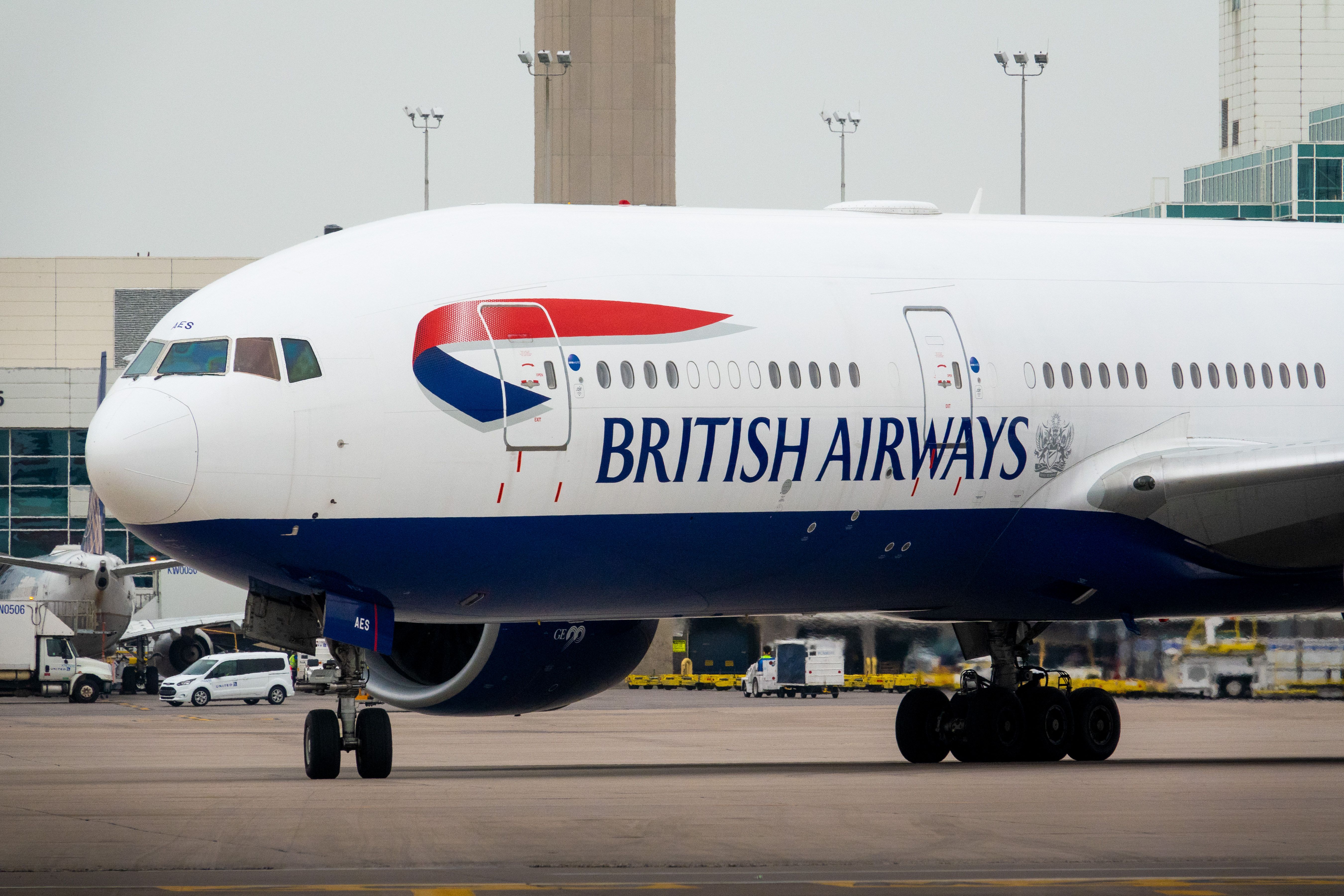The Air Line Pilots Association has reached an agreement ‘in principle’ with United Airlines on new contract terms – a deal that is a direct result of an acute pilot shortage in the aftermath of the pandemic. The situation in the US has forced many airlines to scale back operations temporarily and revise contracts to boost pay and bonuses for employees.
New terms
United Airlines has become the first major US carrier to reach an agreement with its pilots’ labor union on a new contract deal. While the exact details of the new terms and conditions are not known, it is believed that they will include higher pay and better working conditions, given the grueling schedules of many pilots currently.
A LinkedIn post of United’s CEO Scott Kirby said,
“United Airlines was the only airline to work with our pilots union to reach an agreement during COVID. It’s not surprising that we are now the first airline to get an Agreement in Principle for an industry leading new pilot contract.”
As pointed out by CNBC, of all the major carriers in the US, United is believed to have the least contentious relationship with its pilots’ union, often striking deals early during the COVID crisis to keep things running. The preset agreement still requires a vote of confidence by the union and the pilots.
Severe pilot shortage
With travelers returning to the skies in huge numbers after a break of two years, airlines in the US are overwhelmed and struggling to maintain seamless operations amid staff shortages. The pilot community was hit hard, with COVID halting training and early retirement packages offered to many pilots.
Now, airlines are finding it tricky to keep planes in the skies with not enough trained pilots to meet the demand. Like other carriers, United, too, has had to reduce routes and park planes because of a lack of qualified pilots.
Airlines have also had to rethink their entry requirement to encourage more people to enter the workforce, such as reducing flight hours to join and dropping a four-year degree requirement for prospective pilots.
Follow Simple Flying for all the latest aviation news.
The shortage is so severe that some airlines are also looking at foreign shores to fulfill their cockpit staff requirements. Reuters reports that US immigration lawyers are dealing with a surge in inquiries and visa applications from pilots based in countries where traffic is still recovering from pandemic lows.
Industry-wide trend
Airlines around the world are facing staff shortages, prompting them to cut capacity, revise contracts, and resort to all sorts of measures. British Airways recently announced that it plans to cut capacity by 5% to offer more stable operations over the summer.
easyJet is reducing aircraft capacity to meet crew shortages, while staff shortage has forced TUI to cut catering on its short-haul flights. Last month, a workforce shortage prompted Amsterdam's Schiphol Airport to ask its airlines to cancel flights.
Given how sensitive the aviation industry is to market fluctuations, it seems that prospective employees are taking time to assess the situation before coming back. Hopefully, the industry will bounce back soon and bridge the gap between demand and supply.
What are your views on this? Please let us know in the comment section below.
Source: CNBC




